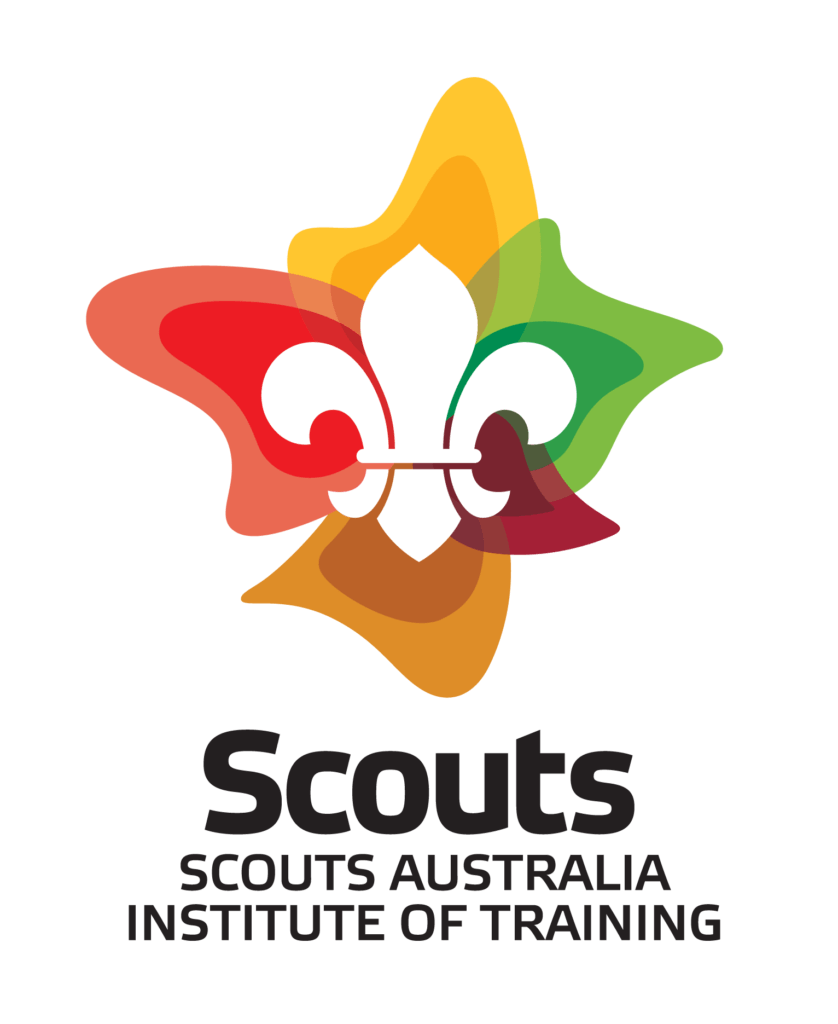SAIT
Enrolment Information
Enrolling with the Scouts Australia Institute of Training (SAIT)
After completing learning through either the youth program, adult training, or gaining experience through your professional work, you may enrol into the relevant qualification with the Scouts Australia Institute of Training (SAIT) (RTO No. 5443) to be assessed and have your learning recognised as a full or partial qualification. Please note that these qualifications are only available to current Scouting members
SAIT has a collection of pages on the Scouts Australia website that provide you with information about the available qualifications which you should review prior to enrolling in a qualification. The webpages and downloadable documents provide generalised information about the qualifications and the typical Scouting pathway towards achieving the qualification.
SAIT is registered to “assess only”, as such it does not offer qualification courses like TAFEs and other training providers. Learn about our assessment process overview below or in more detail in the SAIT Student Guidelines.
Please read the SAIT Student Guidelines for more information about our enrolment and assessment processes.
Enrolment Information
Candidate Information
Have you got your Unique Student Identifier (USI)?
Your USI (Unique Student Identifier) is your individual education number for life. It also creates a Government authenticated record of your vocational education and training (VET) achievements.
You need a USI if you are a student studying nationally recognised Vocational Education and Training (VET), including attaining Qualifications and Units of Competency through SAIT.
You will be asked for your USI upon enrolment with SAIT.
Do you still have questions?
If you have not yet enrolled in a qualification, or you are unsure of your assigned assessor, please use the enquiry form to seek more information from your local SAIT team.
If you are an enrolled candidate, please reach out to your assigned assessor for more information about what evidence you may need to provide.


